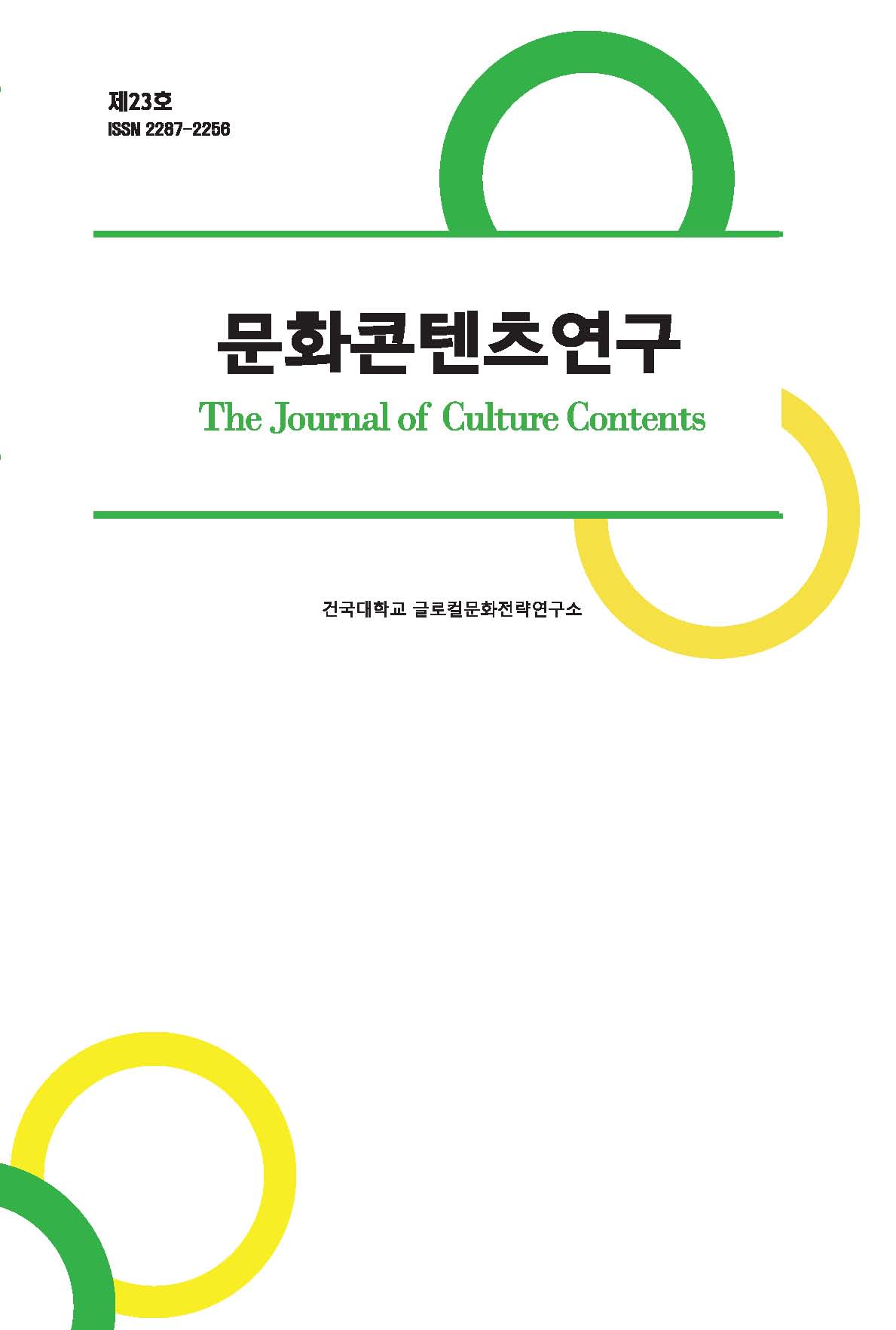Research Article
Abstract
References
Information
This paper aims to criticize the sorcery limits of epic deterministic treatment theory, which contains the declaration by Chung Un-chae that “human beings are literature and can cure humans if they are treated with literature.” To this end, first of all, the paper checks the validity of the basic concepts that form the fundamental of the theoretical system of Chung Un-chae's literary therapy in light of the universal narrative theory. Chung Un-chae's literary therapy, based on Korean oral literature, sets out very unique concepts, the most problematic of which is the term “epic of literary work.” It is emphasized that the narrative here is not the narrative of the usual narrative theory but the epic. The term, however, incorporates a fundamental flaw that it lacks consistency as it crosses the realm of different concepts, such as story, plot, prototype and narrative. It also takes the view of an narrative determinism in which one-sided effects from the content of the narrative will occur to the reader, omitting the independent domain of the reader for the narrative therapy. This is an extension of the mimetic linguistic view. In addition, by setting the target of literary therapy as existence that has “the basis or commonality of points beyond the limitations of time and space,” rather than the person who suffers in the concrete reality, it is resulting in a return to another method of the study of oral literature rather than the one that actually cures humans.
이 논문은 정운채 문학치료학의 이론체계의 토대를 구성하고 있는 기본개념들을 보편적인 서사이론에 비추어 그 타당성을 점검한 후, ‘인간이 문학이며 문학을 치료하면 인간을 치료할 수 있다’는 정운채의 선언이 담고 있는 서사결정론적 치료론의 주술적 한계에 대한 비판을 목표로 한다. 한국 구비문학에 바탕을 둔 정운채의 문학치료학은 매우 독특한 개념들을 설정하고 있는데, 그 중 가장 문제적인 것은 ‘작품서사’라는 용어이다. 여기서의 서사는 통상적인 서사이론의 내러티브가 아니라 에픽임이 강조된다. 그러나 이 용어는 이야기, 줄거리, 원형, 서사 등 상이한 개념의 영역을 넘나들고 있어 일관성이 결여된다는 근본적인 결함을 내장하고 있다. 또한 서사치료의 경우 독자/내담자의 독립적 영역을 누락시킨 채 서사의 내용에 따른 일방적인 효과가 독자에게 발생되리라는 단선적인 결정론의 관점을 취하고 있다. 이러한 관점은 미메시스적인 언어관의 확장이라 할 수 있다. 더불어 문학치료의 대상을 구체적인 현실 속에서 고통받는 사람이 아닌 “시간과 공간의 제약도 넘어서는 지점의 기반이나 공통성”을 지닌 존재로 설정함으로써 실제 인간을 치료하는 학문이 아닌 구비문학연구의 한 방법으로 회귀하는 결과를 초래하고 있다.
- 김영민, 『탈식민성과 우리 인문학의 글쓰기』, 민음사, 1996.
- 미셀 푸코, 이규현 옮김, 『말과 사물』, 민음사, 2012.
- 브라이언 터너, 최우영 옮김, 『막스베버 근대성과 탈근대성의 역사사회학』, 백산서당, 2005.
- 브루느 라튀르, 홍철기 옮김, 『우리는 결코 근대인이었던 적이 없다』, 갈무리, 2009.
- 시모어 채트먼, 홍재범 옮김, 『이야기와 담화』, 호모루덴스, 2019.
- 신동흔, 「문학치료학 서사이론의 보완·확장 방안 연구: 서사 개념의 재설정과 서사의 이원적 체계」, 『문학치료연구』 제38집, 한국문학치료학회, 2016,
- 알렉산더 네하마스, 김종갑 옮김, 『니체 : 문학으로서의 삶』, 연암서가, 2013.
- 정운채, 「서사의 힘과 문학치료방법론의 밑그림」, 『고전문학과 교육』 제8집, 한국고전문학교육학회, 2004.
- 정운채, 「문학치료학의 서사이론」, 『문학치료연구』 제9집, 한국문학치료학회, 2008.
- 정운채, 「토도로프와 채트먼의 서사이론과 문학치료학의 서사이론」, 『고전문학과 교육』 제20집, 한국고전문학교육학회, 2010.
- 정운채, 「리몬케넌의 서사이론과 문학치료학의 서사이론」, 『문학치료연구』 제18집, 한국문학치료학회, 2011.
- 칼 포퍼, 박우석 옮김, 『과학적 발견의 논리』, 고려원, 1994.
- 홍재범, 「이야기와 서사의 상관관계」, 『겨레어문학』 제62집, 겨레어문학회, 2019.
- Howard Brody, Stories of Sickness, Oxford Uni. Press, 2002.
- Publisher :Research Institute of Creative Contents
- Publisher(Ko) :글로컬문화전략연구소
- Journal Title :The Journal of Culture Contents
- Journal Title(Ko) :문화콘텐츠연구
- Volume : 18
- Pages :45-75
- DOI :https://doi.org/10.34227/tjocc.2020..18.45



 The Journal of Culture Contents
The Journal of Culture Contents





